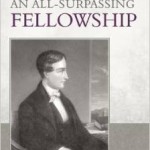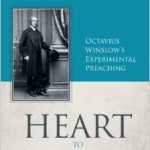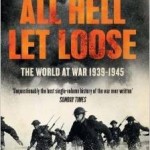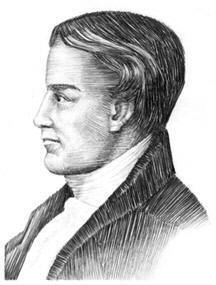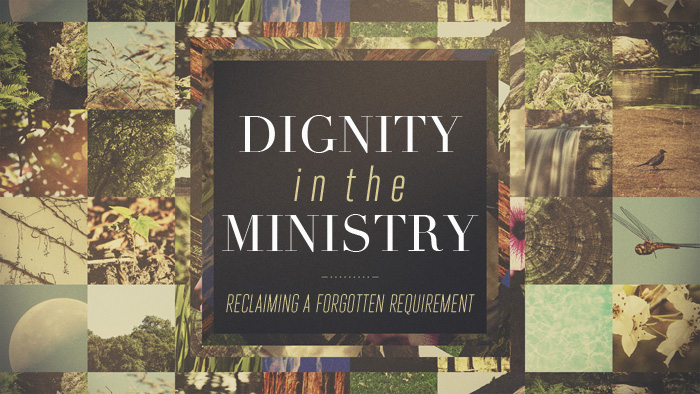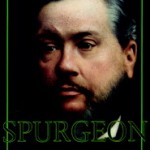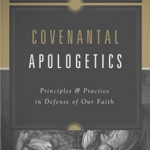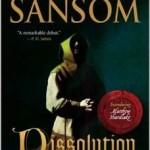In his inaugural sermon at Bethlehem Baptist Church John Piper said he longed for a particular sound to mark the congregation.
If I could choose a symbolic sound that Bethlehem Baptist Church would come to be known for, you know what it would be? The swish of the pages of 500 Bibles turning simultaneously to the morning and evening texts.
When was the last time you heard such swishing of pages in a church service? I bet it’s been a l o n g time. The ubiquitous use of smart phones and tablets has relegated the printed Bible to a minority in corporate worship. And that’s ok. Piper would even agree.
We would do well, however, to remember why he wanted to hear the sound in the first place:
The reason [why I want the sound of swishing pages is this]: the source of my authority in this pulpit is not—as we shall soon see—my wisdom; nor is it a private revelation granted to me beyond the revelation of Scripture. My words have authority only insofar as they are the repetition, unfolding and proper application of the words of Scripture. I have authority only when I stand under authority. And our corporate symbol of that truth is the sound of your Bibles opening to the text.
Yes and amen. It’s all about authority.
But if symphonic rustling of pages belongs to an era gone by is there any contemporary replacement? Is there anything we ought to long for as a sign of where our authority in preaching lies?
HOLY BOBBLE HEADS
I would argue the best congregational sign of preacher rooted in biblical authority is in the sighting of what I like to call “holy bobble heads.” I want to see a congregation look up at the preacher and then look down at the text, look up at the preacher and then look down at the text.
It is a terrible experience to sit in the congregation and listen to the preacher’s rhetoric for twenty minutes before he summons you to look at the particular passage he is supposed to exposit. What he doesn’t realize is that, in all likelihood, he has just implicitly stated his authority lies in his rhetoric more than the theopneustos Scripture.
No, dear preacher, read your text at the beginning and never let long go by before you tell your people, “Look at verse . . .,” “Notice what happens next in . . .,” or, “See how he concludes the argument in verse . . .” Your authority is in that Holy Book, so tell them – frequently – to look down at The Book.
In his recent book Taking God At His Word Kevin DeYoung notes how the sanctified bouncing of heads is Berean movement:
When I speak at different conferences and churches, I’m often surprised how few people bother to look at their Bibles when I’m speaking. Be it laziness, forgetfulness, or something else, it’s not a good habit. I have no authority in myself. I don’t want people to just take my word for it. God’s people should be testing everything against God’s word. Whether we are the ones teaching or listening, we need to have our Bibles open like the Bereans. (75)
Preacher, you can help them be like the Bereans with consistently pointing their eyes back to your passage.
PREACHING IN AND NOT ABOUT
I’ve said before that in the delivery of preaching there is a great difference between preaching at the sheep and preaching among the sheep. Don’t you love distinctions? When done wisely they are like flint for our sermon swords. There is another distinction which lays at the heart of this issue of rooting your preaching in the authority of God’s word: we must preach in the text, not merely about the text.
You likely have experienced the distinction before. One sermon proposes to expound a passage of Scripture and says many true things about the text, but one leaves feeling the preacher invited the congregation on a holy float across the sea of Scripture. There are things surely worse than floating. Many contemporary preachers are content to sit on the sands far removed from the biblical waters. But we can and must do better than a leisurely float. We must summon our congregation through the sermon to a high-pressure, deep dive in the waters of God’s truth.
We herald the matters of life and death; so it is indeed a high-pressure endeavor. And it must also be deep. Jesus washes His church in His word by having His preachers soak their sermons in His word. Descend down to the depths of truth each week. So tell them to look down there with you!
Preach in the text, not merely about the text.
Help your people become holy bobble heads.
Give them the rich portions of His word.
And summon them to see it.


